TL;DR
- Healthcare app development is essential for modern medical care in 2025, improving accessibility and efficiency.
- Key features include telemedicine, AI diagnostics, wearable device integration, and secure data management.
- Apps fall into patient-focused and provider-focused categories, serving different healthcare needs.
- Success depends on balancing innovation with security, compliance, and user-friendly design.
- Development time and cost vary based on complexity, features, platforms, and regulations.
- Tools like an App Cost Calculator can help estimate budgets and plan projects effectively.
Introduction
Healthcare app development is transforming how medical services are delivered, making it easier for patients to connect with doctors, schedule appointments, and monitor their health in real time. In 2025, these apps will have evolved into essential healthcare tools, supporting everything from chronic disease management to virtual consultations.
Whether you’re building a simple appointment scheduler or an advanced telemedicine platform, success depends on balancing innovation with important factors like security, compliance, and feature complexity. Having a clear idea of your requirements, budget, and timeline before development begins can save a lot of guesswork. Tools like an App Cost Calculator can help you quickly ballpark estimate costs based on features, integrations, and compliance needs, giving you a realistic starting point for planning.
What Is a Healthcare App?
A healthcare app is a digital tool that transforms how medical services are delivered, accessed, and managed. These apps bridge the gap between patients and healthcare providers, making healthcare more accessible, convenient, and efficient in today’s fast-paced world.
They generally fall into two main categories:
- Patient-focused apps – Designed to empower individuals with features like online appointment booking, teleconsultations, medication reminders, fitness and activity tracking, and chronic disease management tools.
- Provider-focused apps – Built for doctors, clinics, and hospitals to manage electronic medical records (EHRs), conduct remote diagnostics, monitor patients in real time, and streamline billing processes.
Common applications include:
- Telehealth consultations for virtual, on-demand healthcare
- Wellness and activity tracking through mobile devices and wearables
- Prescription and medication management with refill reminders
- AI-powered symptom monitoring for early detection and preventive care
- Support for chronic conditions through regular tracking and insights
By 2025, healthcare apps will have evolved into an essential part of both everyday wellness and professional medical practice, enabling faster, smarter, and more personalized healthcare experiences.
How to Build a Healthcare App?
Creating a healthcare app in 2025 is not just about adding features—it’s about designing a secure, compliant, and user-focused solution that meets the needs of both patients and healthcare professionals. A well-planned approach can ensure your app is both effective and sustainable in the competitive health tech market.
- Define Your App’s Purpose – Clearly identify the core goal of your app. Will it serve patients through telemedicine, wellness tracking, or chronic disease management? Or will it cater to healthcare providers for hospital administration, medical record management, or remote diagnostics? Having a clear vision guides every stage of development.
- Conduct Market Research – Study your competitors’ strengths and weaknesses, analyze your target demographics, and understand healthcare trends in your target region. This step also involves researching local healthcare regulations, as these can directly impact your app’s design and functionality.
- Select the Right Technology Stack – Choose between:
- Native development (iOS/Android) for high performance and platform-specific features.
- Cross-platform frameworks (like Flutter or React Native) for faster development and broader reach.
- Hybrid solutions for budget-conscious projects without compromising essential features.
- Prioritize Compliance and Security – In healthcare, data protection is non-negotiable. Ensure compliance with HIPAA, GDPR, or regional data privacy laws, and implement end-to-end encryption, multi-factor authentication, and secure cloud storage to protect sensitive medical data.
- Design an Intuitive UI/UX – Keep the interface clean, minimal, and easy to navigate for users of all ages. Accessibility features like larger text options, voice commands, and color-contrast settings can make your app more inclusive.
- Integrate Core Features – Depending on your app type, consider adding:
- Telehealth video consultations
- Appointment booking and reminders
- Secure in-app payments
- Electronic Health Record (EHR) integration
- Wearable device connectivity for real-time health tracking
- AI-powered symptom checkers for preliminary diagnosis
- Test for Security and Performance – Conduct multiple testing rounds, including functional testing, penetration testing for cybersecurity, and load testing to ensure the app works smoothly even during peak traffic.
- Launch and Maintain – After deployment on app stores, continuously monitor performance, fix bugs promptly, release feature updates, and adapt to new healthcare regulations and user needs.
Want to know other healthcare app development costs?
Here are complete cost breakdowns of some popular healthcare and wellness applications:
- Doctor On-Demand App Development Cost
- Elderly Care App Development Cost
- Telemedicine App Development Cost
- Future Fitness App Development Cost
Current Trends in Healthcare App Development
The healthcare app market in 2025 is evolving faster than ever, fueled by innovations in AI, data security, and personalized care. Whether developed by startups or an experienced healthcare software development company, these apps are shaping the future of patient care. Here are some of the most impactful trends:
- AI-Powered Diagnostics – Artificial Intelligence and Machine Learning are making disease detection faster and more accurate. From analyzing medical scans to predicting potential health risks, AI helps doctors make informed decisions while reducing errors.
- Personalized Care Plans – By leveraging patient records, wearable data, and lifestyle inputs, apps can now deliver customized treatment and wellness programs, improving patient engagement and outcomes.
- Wearable Tech Integration – Smart devices like fitness trackers and IoT-enabled medical equipment are seamlessly connecting with apps, allowing real-time monitoring of vital signs such as heart rate, oxygen levels, and sleep patterns for proactive healthcare.
- Blockchain for Health Data Security – To address growing privacy concerns, blockchain technology is enabling tamper-proof, transparent, and decentralized storage of medical records, giving patients more control over their data while meeting compliance requirements.
- AR/VR in Healthcare Training and Therapy – Augmented and Virtual Reality are enhancing medical education through realistic simulations, supporting mental health therapy, and aiding in rehabilitation with immersive, interactive environments.
In short, partnering with the right healthcare software development company can help turn these trends into practical, patient-focused solutions that stay ahead in a competitive market.
Healthcare App Development: Most Essential Features
A successful healthcare app must combine usability, security, and advanced functionality to meet the needs of patients, doctors, and healthcare providers. Here are the most essential features every modern healthcare app should have:
- Engaging & Intuitive UI/UX Design
A healthcare app often serves users from diverse age groups and varying technical skills. A clean, accessible interface—featuring clear icons, readable fonts, and simple navigation—is essential for a smooth experience. Accessibility features such as voice commands, larger text options, and high-contrast modes make the app inclusive for patients with disabilities or visual impairments.
- Telemedicine & Video Consultations
Secure, high-definition video calls allow patients to connect with doctors without visiting a clinic. This not only benefits those in rural or underserved areas but also reduces hospital congestion. HIPAA-compliant video infrastructure ensures privacy, while integrated chat and file-sharing allow for lab reports and prescriptions to be shared instantly.
- Appointment Scheduling & Reminders
Digital booking systems let patients schedule, reschedule, or cancel appointments anytime. Automated reminders via push notifications or SMS help reduce missed appointments, while smart scheduling tools prevent double bookings and optimize doctors’ time slots.
- Prescription Management & Refills
Instead of calling or visiting a clinic for routine prescriptions, patients can request refills within the app. Features like dosage reminders, medication trackers, and pharmacy integration ensure patients never miss their treatment schedules.
- Integrated Electronic Health Records (EHR)
A secure EHR system allows doctors to view patient history, lab results, allergies, and treatment plans instantly. With role-based access control, sensitive data stays protected while enabling collaborative care between specialists.
- Symptom Checker & Self-Assessment Tools
AI-powered health questionnaires help users evaluate their symptoms before booking an appointment. This early screening guides them to the right specialist, reduces unnecessary visits, and supports preventive healthcare.
- Billing & Payments
Built-in payment gateways allow patients to pay for consultations, lab tests, or subscriptions without leaving the app. Options for digital wallets, credit cards, and insurance claims make the process seamless and secure.
- Wearable Device Integration
Integration with wearables like smartwatches and fitness bands enables real-time tracking of vital signs such as heart rate, blood pressure, and oxygen saturation. This data can be shared with healthcare providers for proactive monitoring and early intervention.
- Patient Education & Resources
An in-app library of verified medical content—articles, videos, infographics, and self-care tips—helps users better understand their health conditions. This promotes preventive care and empowers patients to take control of their wellness journey.
Quick Read: How Much Does Cloud App Development Cost: A Complete Breakdown
Top 5 Famous Healthcare Apps
The healthcare app market is filled with innovative platforms, but a few have emerged as global leaders in accessibility, functionality, and patient satisfaction. Here are five standout examples:
Teladoc Health (USA, 2002)
A global telemedicine leader offering 24/7 virtual consultations for general health, mental health, dermatology, and chronic disease management. Features include secure video calls, multilingual support, and remote monitoring tools, making it ideal for patients seeking accessible care without travel.
MyChart (USA, 2000)
A secure patient portal that lets users view lab results, medical histories, prescriptions, and vaccination records. It also supports appointment booking, prescription refills, and direct messaging with doctors, with a strong focus on HIPAA-compliant data security.
Practo (India, 2008)
One of Asia’s largest healthcare platforms, enabling users to search for doctors, book in-clinic or online appointments, order medicines, and schedule diagnostic tests. Its integrated pharmacy, telemedicine, and lab booking services make it a complete healthcare solution.
Ada Health (Germany, 2016)
An AI-powered symptom checker that uses intelligent questionnaires to provide personalized health assessments. Available in multiple languages, it helps users decide the urgency of their condition and connect with the right care provider.
Zocdoc (USA, 2007)
A healthcare booking platform that lets patients find nearby doctors, check real-time availability, and book instantly. It also offers telehealth appointments, insurance filtering, and verified patient reviews for informed decision-making.
How Long Does It Take to Develop a Healthcare App?
The development timeline for a healthcare app depends on its complexity, features, integrations, and regulatory requirements. Healthcare apps also require thorough testing and security compliance checks, which can extend timelines compared to general apps.
- Basic App (3–6 months)
Designed with essential features like appointment booking, in-app chat, and automated reminders, these apps are quicker to build and require minimal integrations. They’re ideal for clinics or startups testing the market with an MVP (Minimum Viable Product). - Mid-Level App (6–9 months)
Includes more advanced functionality such as Electronic Health Record (EHR) integration, video consultations, and secure payment gateways. These apps require a more robust backend and careful adherence to healthcare data security standards like HIPAA or GDPR. - Complex App (9–15 months)
High-end solutions that integrate AI-driven diagnostics, wearable device connectivity, multi-platform compatibility, advanced analytics, and extensive compliance measures. Development involves multiple testing phases, interoperability checks, and scalability planning to handle large user bases.
How Much Does It Cost to Develop a Healthcare App?
The cost of building a healthcare app can vary widely, depending on its scope, complexity, and compliance requirements. Apps with basic features like appointment scheduling, chat, and reminders generally require less time and resources, while those with AI-powered diagnostics, wearable device integration, or electronic health record (EHR) connectivity demand more advanced development efforts.
Security and regulatory compliance also play a significant role. Meeting standards like HIPAA or GDPR often involves implementing strong encryption, multi-factor authentication, and secure data storage systems—steps that add both time and complexity. The choice of platform (iOS, Android, or both) and the development team’s location further influence timelines and expenses.
For anyone planning such a project, using an app development cost calculator can be a practical starting point. By inputting your desired features, platforms, and compliance needs, you can get a clearer estimate and better understand what’s feasible within your budget and timeline.
Conclusion
Healthcare app development in 2025 has moved beyond being a passing tech trend—it’s now a core component of how healthcare is delivered. With growing demand for remote consultations, personalized treatment plans, and secure data sharing, these apps are bridging the gap between patients and providers like never before. Success in this space will belong to solutions that combine innovation, strong user experience, and robust compliance with healthcare regulations. As technology continues to evolve, the next generation of healthcare apps will not only make care more accessible but also play a critical role in prevention, early diagnosis, and long-term patient engagement.
FAQs
Q1: Do healthcare apps need to be HIPAA-compliant?
Yes, if they handle protected health information in regions where HIPAA or similar laws apply.
Q2: Can AI replace doctors in healthcare apps?
No, AI can assist but not replace licensed professionals—it’s a decision-support tool.
Q3: What’s the biggest challenge in healthcare app development?
Ensuring security, compliance, and user trust while maintaining a smooth experience.
Q4: Do healthcare apps require FDA approval?The FDA regulates apps that function as medical devices, meaning they are intended to diagnose, treat, or cure a medical condition. However, apps for general wellness tracking or appointment scheduling typically don’t require FDA approval.
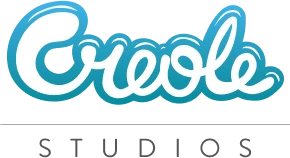

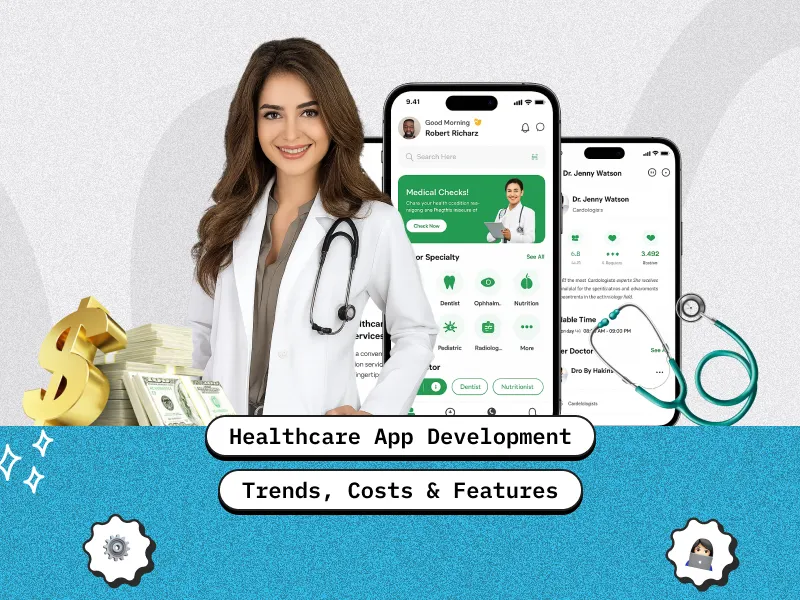



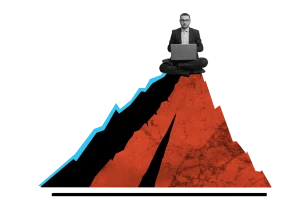




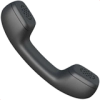 30 mins free Consulting
30 mins free Consulting 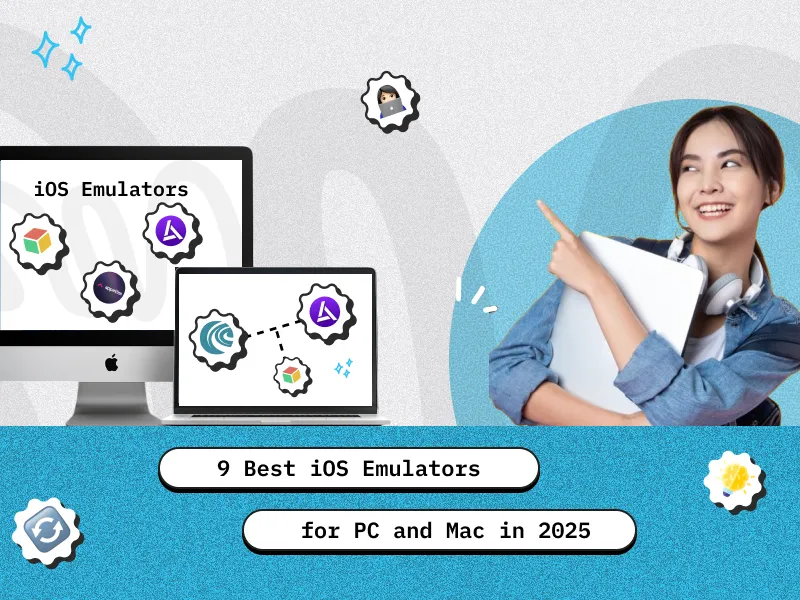
 12 min read
12 min read 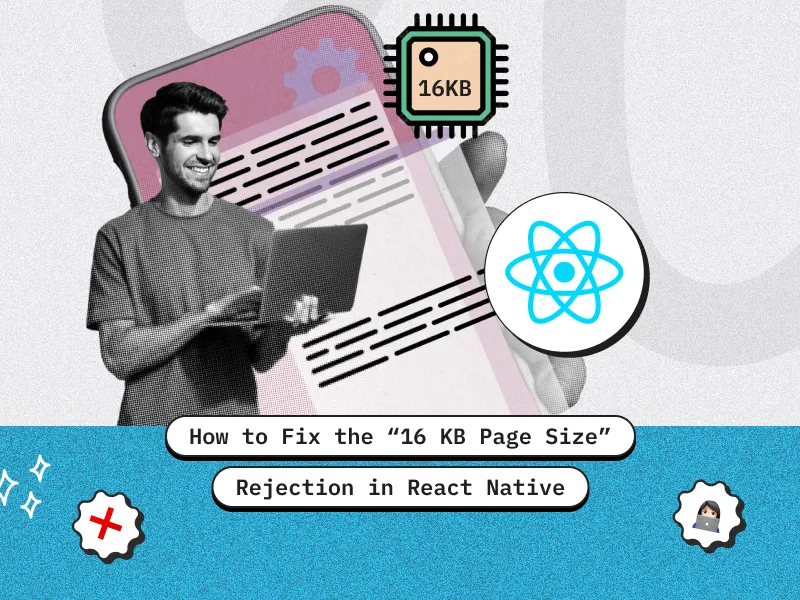
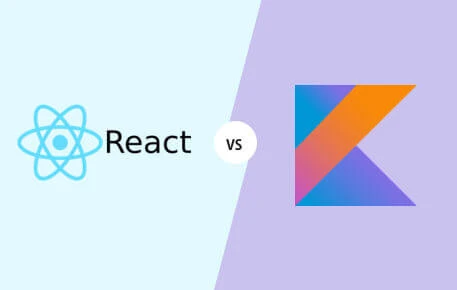
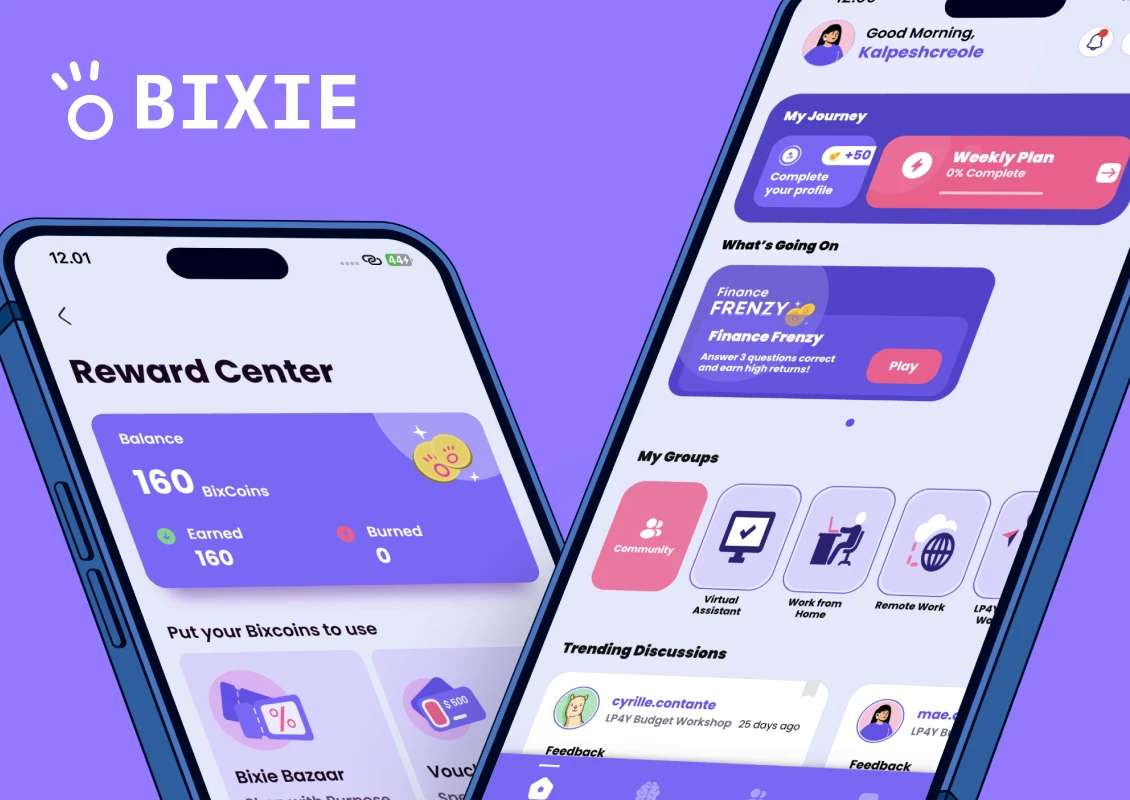
 Singapore
Singapore 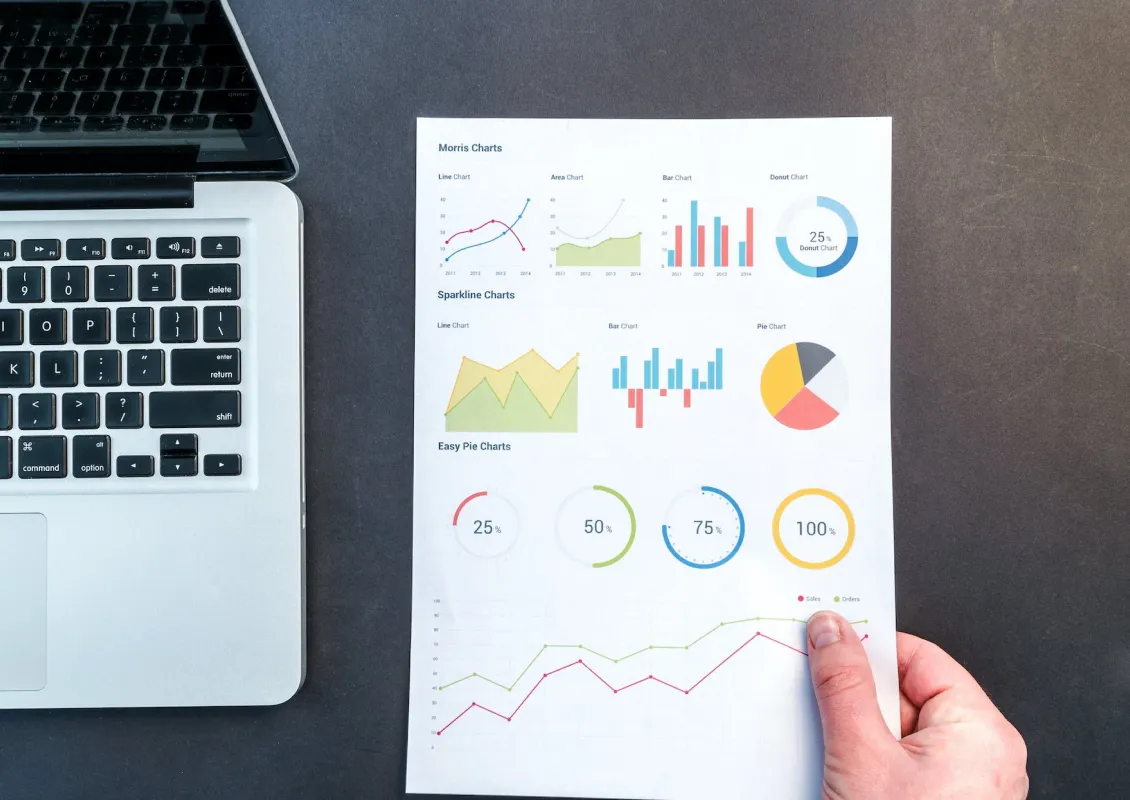
 USA
USA 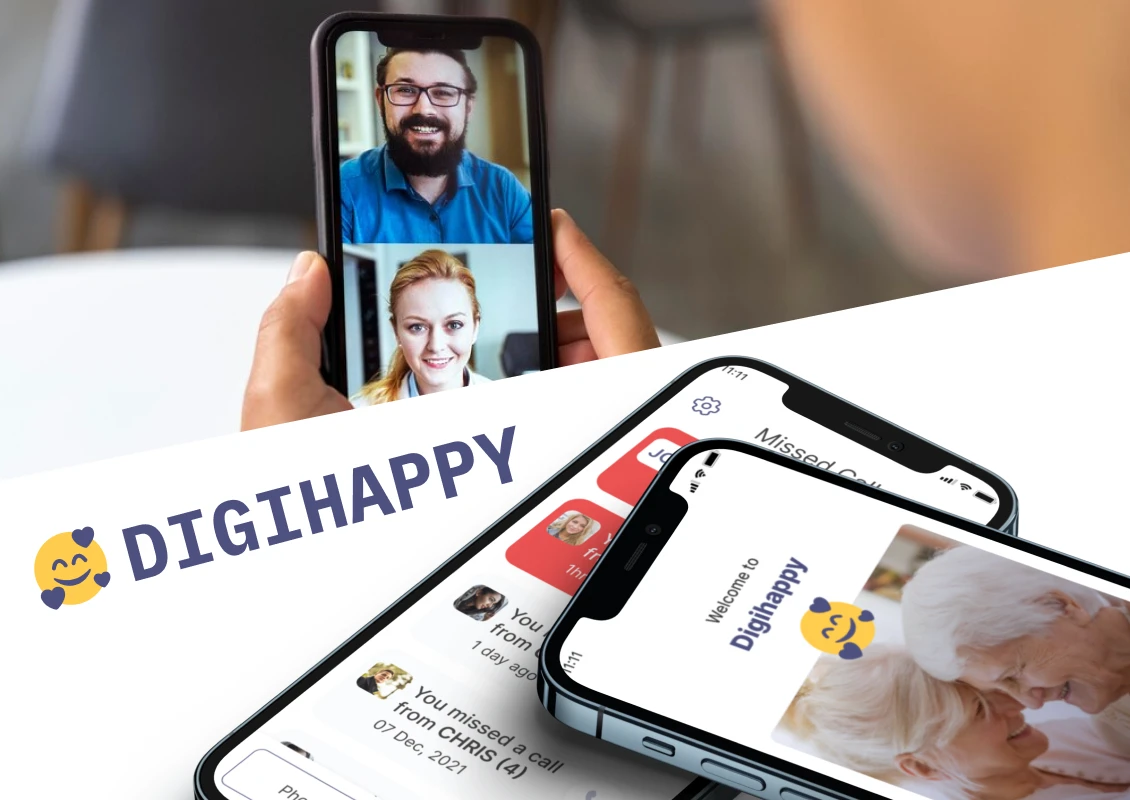
 Finland
Finland 





 Love we get from the world
Love we get from the world 